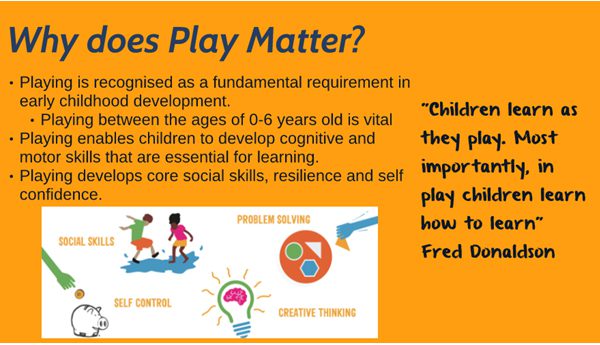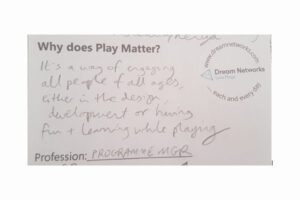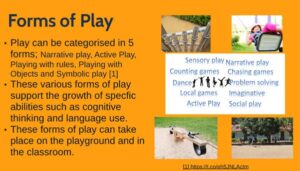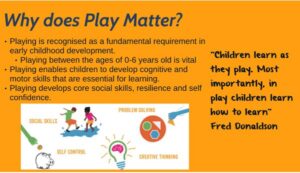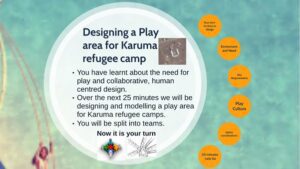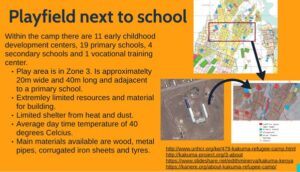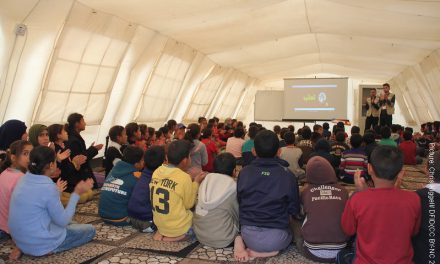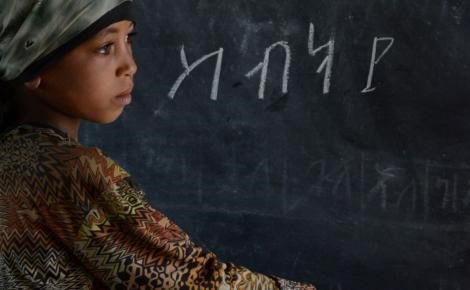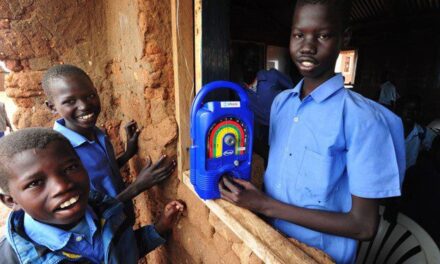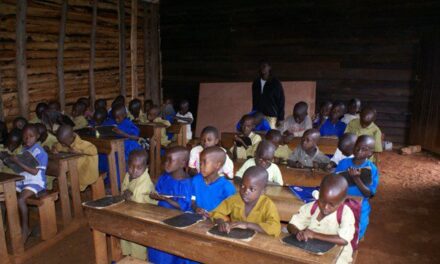This blog is written by Marie Adeyemi, Founder and Managing Director of Dream Networks about a workshop session which formed part of the recent Voices of the Next Generation: Shaping the Future of Education in Development conference in London on the 1st June 2017.
On Thursday, a group of adults from varied professional backgrounds dived into an interactive workshop on play design. They were given the challenge of creating a playground design proposal for children based within Kakuma refugee camp in Kenya, in under 30 minutes. The Dream Networks’ collaborative design process was adopted to enable them to design in context and develop creative designs tailored to the community’s needs.
Initially, the workshop attendees appeared apprehensive, but after being provided with easy-to-understand guidelines and design tools, they soon gathered the courage to design and play. Through sharing ideas and providing insight based on their knowledge and experiences, they were able to collaboratively propose a design for an interactive mixed playground within an existing play field in Zone 3 of Kakuma camp. A shaded reading area created using natural plants, and 3D Hopscotch based on the colours of the Kenyan flag, were among the equipment placed in their play area. Dream Networks founder, Marie Adeyemi who lead the workshop, emphasised the need to create play areas in an inclusive manner. Play areas need to be designed to enable children to develop effectively through engaging with various forms of play such as active play, imaginative play and symbolic play.
When informed of the real-life situations in the midst of their compressed design process, the team of non-engineers responded practically and creatively. For example, the participants adjusted their designs in response to being informed of the violence occurring within South Sudan’s recent crisis, that could potentially cause an influx of refugees within the severely overcrowded Kakuma camp (16,500 refugees were reported in the camp in February 2017, with an estimated capacity of 10,000
The overall workshop was fast paced, fun and very insightful. The clear value of play to enable effective childhood development and the numerous challenges to enabling play were reinforced. Challenges such as a lack of resources were highlighted, as well as a failure in the community and governing bodies to prioritise a child’s right to play (UN Convention on the Rights of the Child, Article 31).

